The decision of choosing a school board is a pivotal one for parents in India. While CBSE is a familiar national giant, the international IGCSE program is gaining significant traction. This often leads parents to wonder about the core difference between CBSE and IGCSE and, crucially, IGCSE vs CBSE which is harder? The answer isn’t straightforward, as it depends on a student’s learning style and future goals.
This guide breaks down the IGCSE vs CBSE debate to help you make an informed choice.
First, let’s decode the acronyms. Understanding the IGCSE full form and the CBSE’s is the first step to grasping their core philosophies.
- IGCSE Full Form: The IGCSE board full form is the International General Certificate of Secondary Education. It is a globally recognized curriculum offered by Cambridge Assessment International Education.
- CBSE Full Form: The Central Board of Secondary Education. It is a national board of education in India, controlled and managed by the Union Government of India.
The very names highlight the primary difference between CBSE and IGCSE—one is international in its scope and recognition, while the other is deeply rooted in the Indian national education framework.
Curriculum & Approach: The Core Difference Between CBSE and IGCSE
The most significant distinction between the two boards lies in their pedagogical approach and curriculum design.
The CBSE Curriculum: Structured and National-Focused
The CBSE syllabus is known for being compact, uniform, and theory-oriented. It is designed to build a strong foundation in core subjects, with a significant emphasis on Science and Mathematics, perfectly aligning with the syllabus for Indian competitive exams like JEE and NEET. The assessment is largely based on a final board examination model, though it now includes internal assessments.
The IGCSE Curriculum: Flexible and Application-Based
The IGCSE offers a much broader and more flexible subject selection. Students can choose from a wide range of languages, humanities, social sciences, and creative arts. The curriculum is designed to be practical and application-based. It emphasizes critical thinking, problem-solving, and analytical skills, with assessment including written, oral, coursework, and practical components.
The Difficulty Debate: IGCSE vs CBSE Which is Harder?
So, in the IGCSE vs CBSE which is harder debate, who wins? It’s a matter of perspective.
- CBSE’s “Hardness”: CBSE is often perceived as challenging due to its vast theoretical content and the intense competition in associated national entrance exams. The depth of knowledge required in core subjects, especially in the senior years, is significant.
- IGCSE’s “Hardness”: IGCSE is considered demanding because of its emphasis on application, deep analytical skills, and extensive project work. The need to articulate thoughts clearly in writing and the broad scope of subjects can be challenging for students.
Ultimately, IGCSE vs CBSE which is harder depends on the child. A student who excels at rote learning and tackling a defined syllabus might find CBSE more straightforward. In contrast, a student who thrives on research, critical analysis, and practical application may find IGCSE more engaging and less of a memorization grind.
Which Board is the Right Fit for Your Child?
The choice between IGCSE and CBSE should align with your child’s aspirations.
- Choose CBSE if: Your child’s goal is to pursue engineering or medicine within India. The board’s direct alignment with JEE/NEET and its pan-India presence make it a logical choice.
- Choose IGCSE if: You are planning for your child to pursue higher education abroad or in international universities in India. The IGCSE curriculum develops the research and critical thinking skills highly valued in global education systems.
The Final Verdict
There is no definitive “better” board. The key is to understand the fundamental difference between CBSE and IGCSE CBSE offers a focused, national-centric path, while IGCSE provides a broad, international, and skill-based education. By evaluating your child’s strengths, learning style, and future ambitions, you can choose the board that will best help them thrive.






















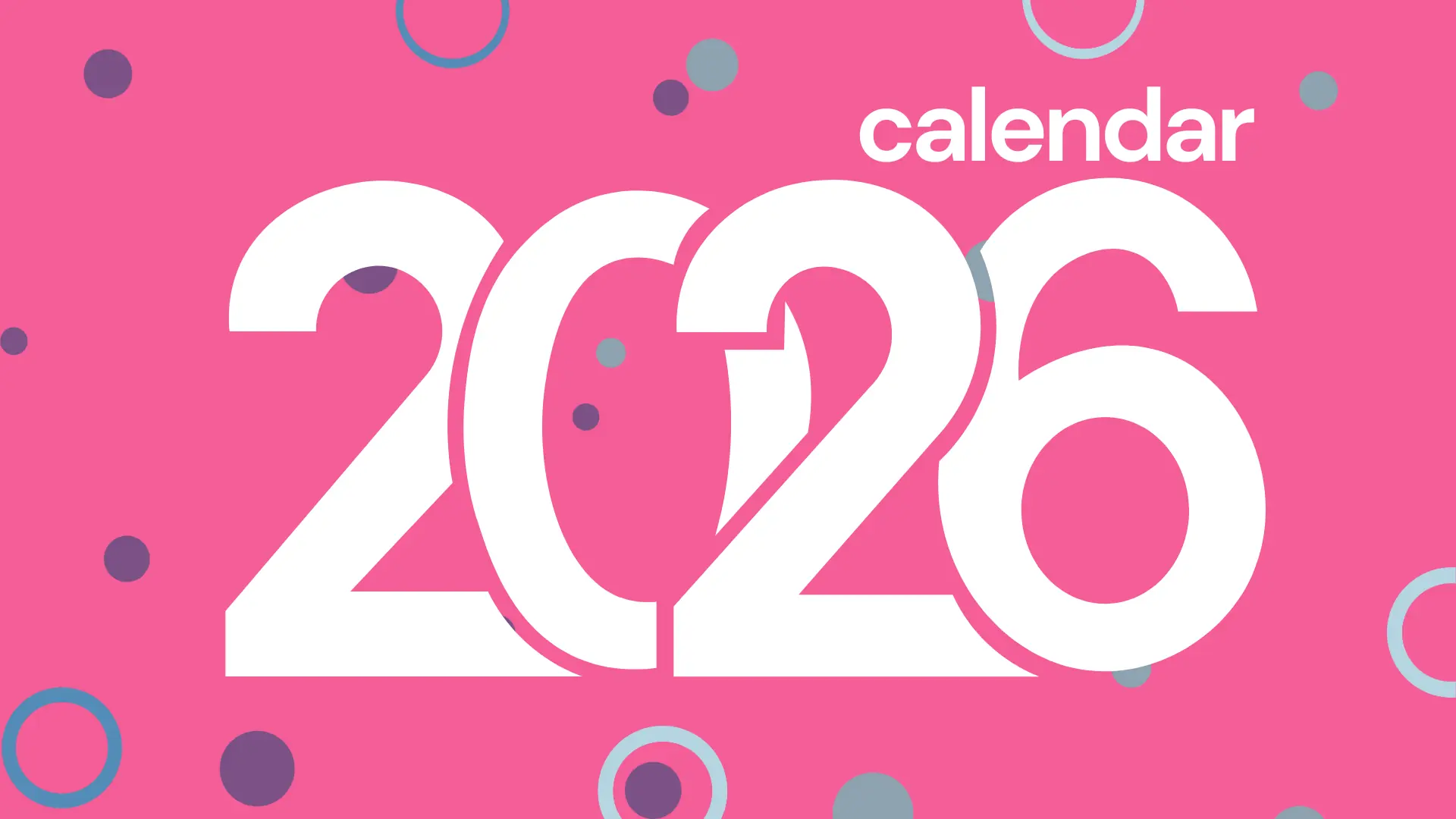






















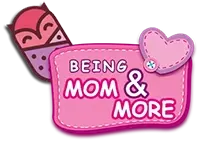


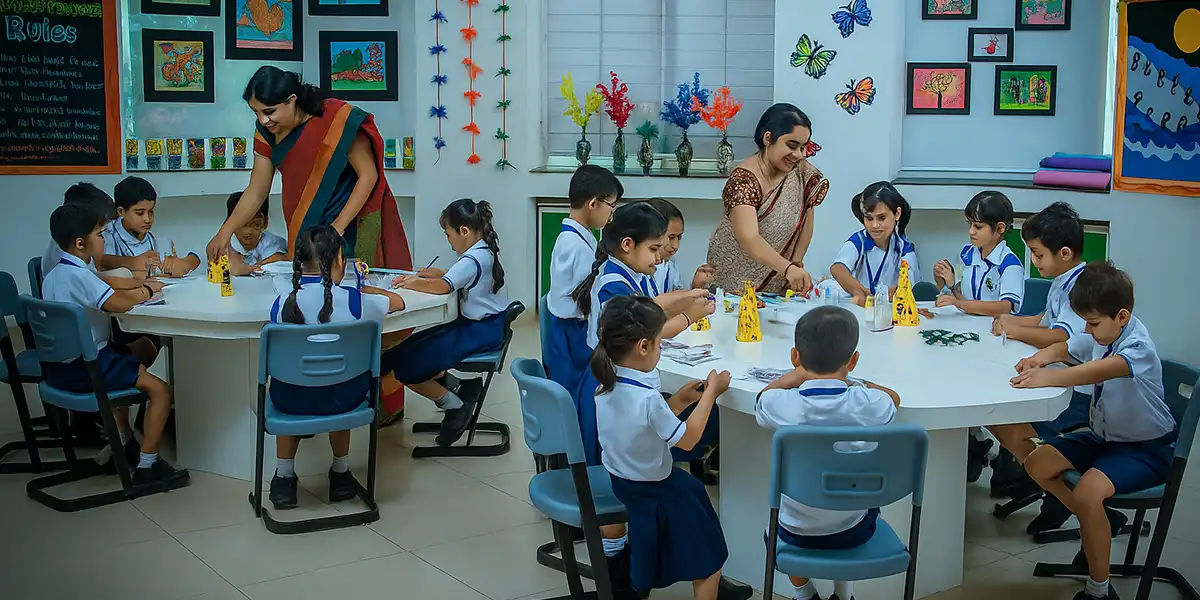
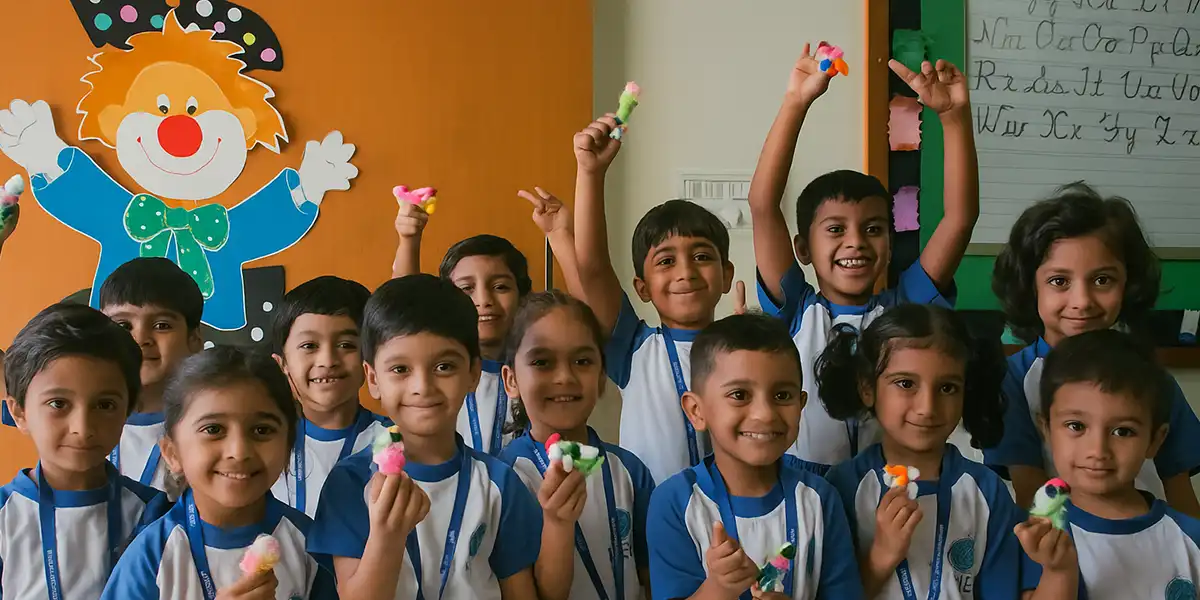
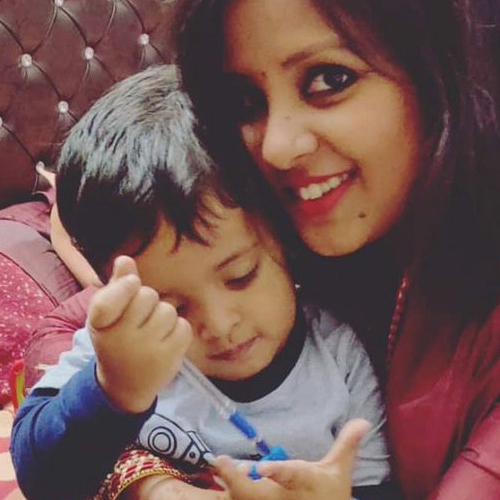


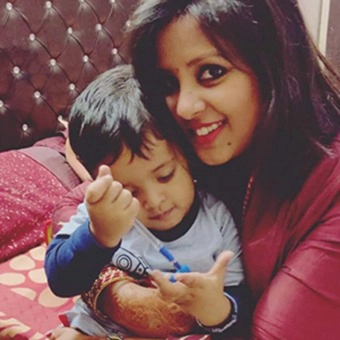



Leave a Comment